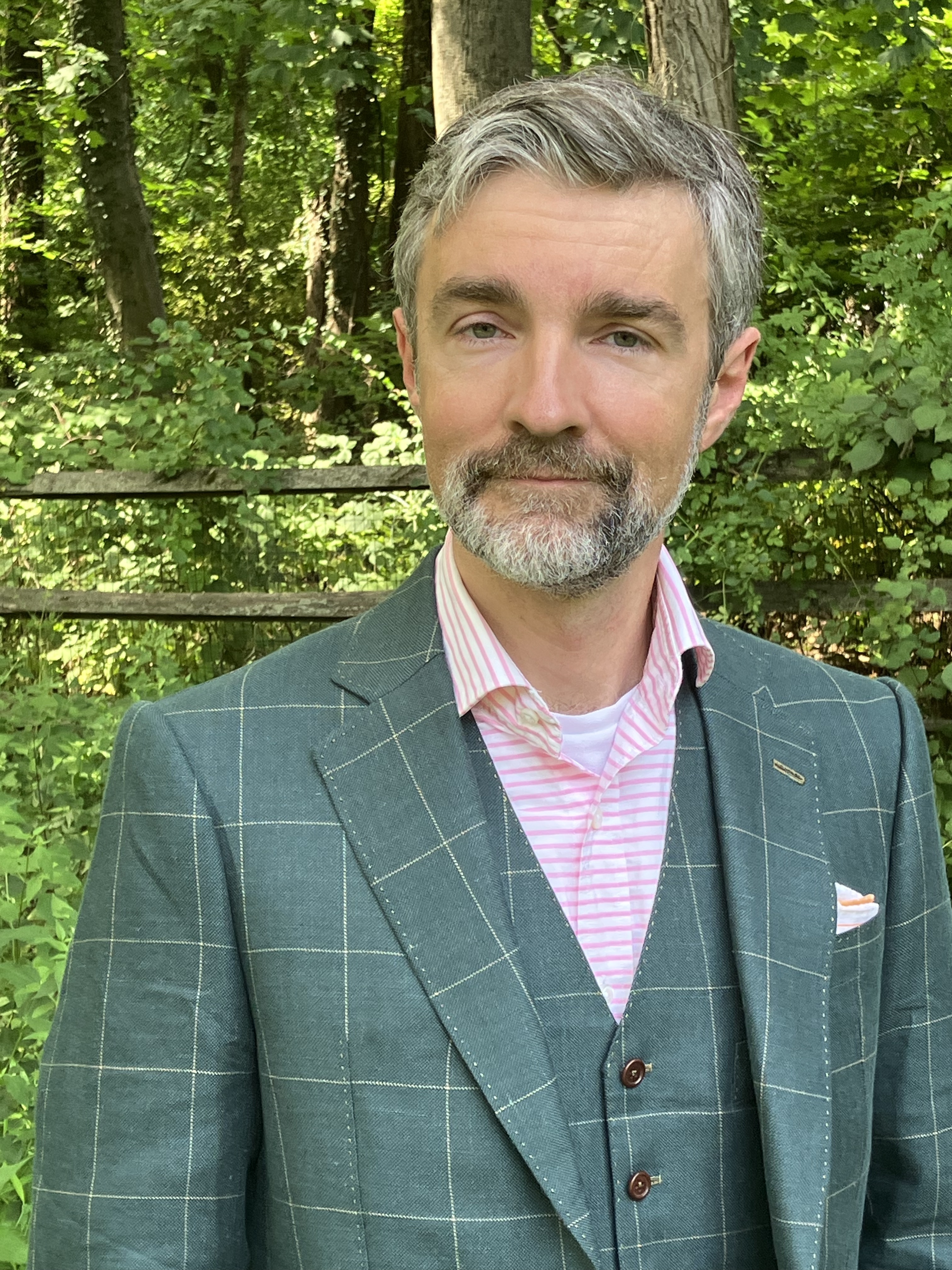
I do comparative political thought. That means that I study political ideas (say, "liberties" or "injustices") through trans-local lenses. What can we learn about alike ideas by looking at them in unlike places? For instance, take the notion of equal rights. Think of how that idea was used in the U. S. Civil War. Now compare those uses with how the idea was handled in the Haitian Revolution. Or in the Mexican Reforma. And suppose we also ask whether the latter two uses molded the first. What does that do to how we see the ideas that drove the War? I’m thrilled to probe these issues with students in the Engagements. I find that insights come when teacher and students all ask big questions, weighing what they know and value. The Engagements offer just that. I can think of no better training in the liberal arts, which are skills of freedom.
